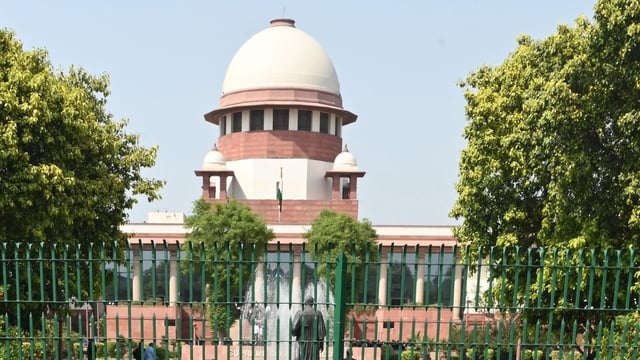Overview
- The Centre filed a 1,332-page affidavit urging the Supreme Court to dismiss petitions challenging the Waqf (Amendment) Act, 2025, citing a presumption of constitutionality for laws enacted by Parliament.
- The government clarified that the amendments regulate only the secular and administrative aspects of waqf properties, leaving religious practices and freedoms untouched under Articles 25 and 26 of the Constitution.
- Mandatory registration for waqf-by-user properties, a practice in place since 1923, was reiterated, with the Centre asserting that no documentary proof or trust deed has ever been required for such recognition.
- The inclusion of non-Muslims in the Central Waqf Council and State Waqf Boards was defended as a measure to enhance inclusivity and modernize governance, with Muslims retaining a majority in these bodies.
- The amendments aim to curb misuse of waqf laws, citing a 116% increase in waqf land since 2013 and documented instances of encroachments on private and government properties.



